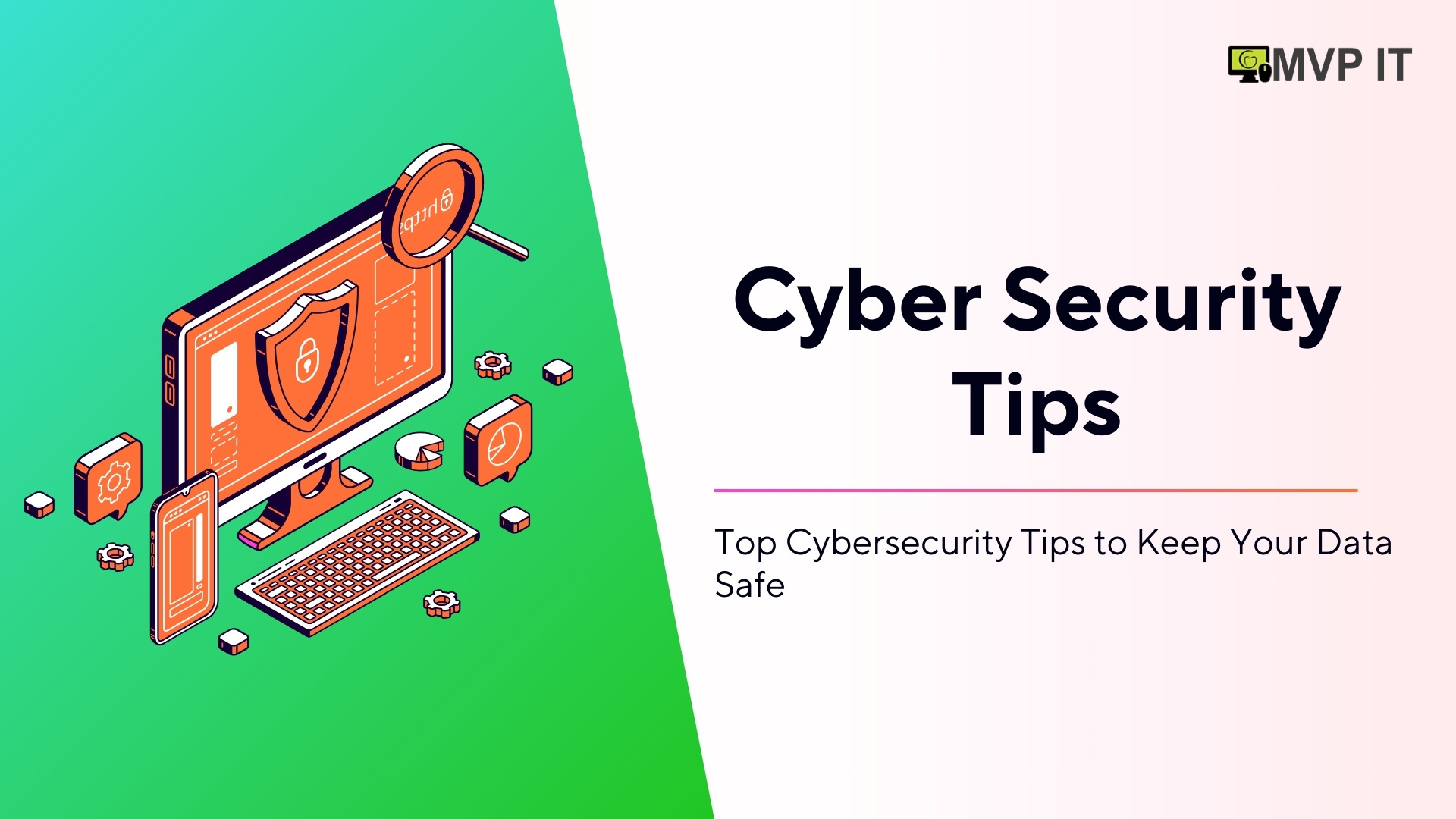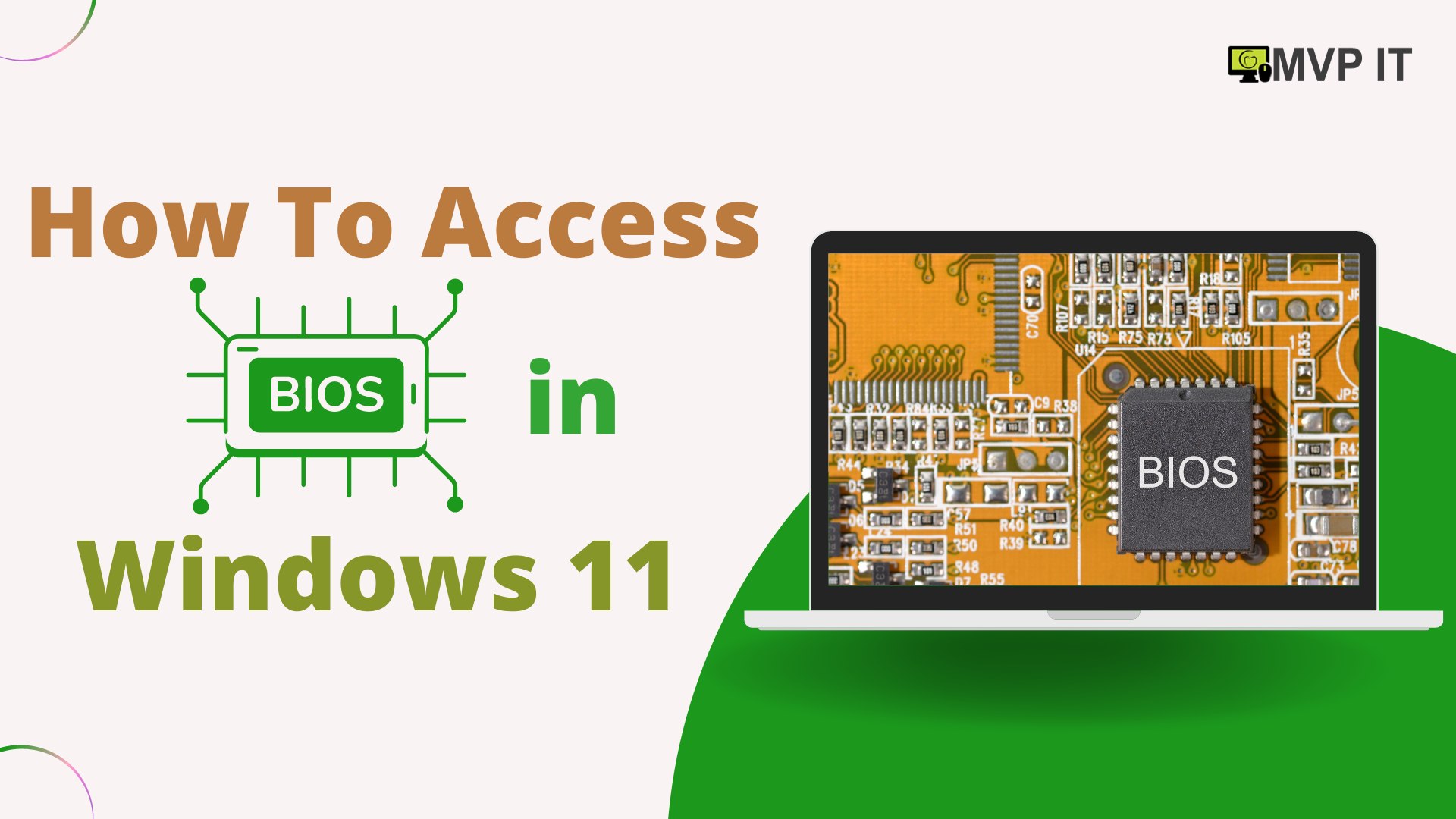Cybersecurity: An Overview
Recognising the importance of cybersecurity is critical in a world where data breaches and hacks occur more frequently. Cybersecurity encompasses the techniques, instruments, and technologies employed to safeguard data, devices, and networks against theft, misuse, and unauthorised access.
Creating Strong Passwords
Creating strong, one-of-a-kind passwords for each of your accounts is one of the easiest yet most effective strategies to improve your cybersecurity posture. Steer clear of passwords that are simple to figure out, like “123456” or “password.” Choose intricate combinations of letters, numbers, and special characters as an alternative.
Two-Factor Authentication (2FA)
Two-factor authentication strengthens your account’s security by requiring an additional form of verification in addition to your password. With 2FA, the possibility of unwanted access to your accounts is greatly decreased, regardless of whether you use a biometric scan or a one-time code delivered to your phone.
Regular Software Updates
Updating operating systems, web browsers, and programs on a regular basis is essential for correcting security flaws and defending against new threats. Make sure the operating systems and programs on your devices are up-to-date by setting them up to install updates automatically or checking for updates manually on a regular basis.
Also Read: IT Support
Browsing Safely
When using the internet, use caution and refrain from opening files from unidentified sources or clicking on dubious links. Phishing attacks, which can result in identity theft and financial loss, are commonplace and include fraudsters pretending to be reputable organizations in order to deceive customers into disclosing important information.
Securing Personal Devices
Make sure that the antivirus and antimalware programs on your PCs, tablets, and cellphones are up-to-date. Encrypting your data also provides an additional degree of protection, increasing the difficulty of unauthorized parties accessing it.
Employing Virtual Private Networks (VPNs)
By hiding your IP address and encrypting your internet traffic, a virtual private network (VPN) makes it more difficult for hackers to intercept your data or follow your online activity. Using a VPN provides an additional degree of anonymity and protection, whether you’re accessing sensitive information remotely or browsing the web on public Wi-Fi.
Secure Wi-Fi Networks
Cybercriminals can intercept data exchanged across insecure Wi-Fi networks, making them a serious security risk. To protect your data and stop illegal access, secure your home Wi-Fi network using encryption technologies like WPA2.
Data Encryption
Without the right decryption key, data encryption transforms your data into a code that is safe and inaccessible. When it comes to safeguarding confidential information and conversations from unwanted access and interception, make use of encryption technologies and protocols.
Avoiding Phishing Scams
Phishing scams are dishonest attempts to fool people into disclosing private information, like bank account numbers and login credentials. To prevent being a victim of phishing attempts, be cautious of unsolicited emails, texts, and links. Also, make sure that requests are legitimate before sending any personal information.
Secure File Sharing
Use secure file sharing techniques, such as encrypted email or file sharing platforms with integrated encryption features, when sharing files with others, especially those containing sensitive or private information. While transferring files, steer clear of unencrypted file transfer protocols and plain email.
Regular Backups
Protecting against data loss due to theft, hardware failure, or cyberattacks necessitates regular backups to an external hard drive or cloud storage service. Maintaining backups guarantees the easy recovery of your critical information and documents in the event of a ransomware attack or system failure.
Social Media Privacy Settings
For greater control over who can view your posts, images, and personal data, review and modify your social network privacy settings. Your data should only be accessible to those you trust, so keep your public disclosure of personal information to a minimum and check your privacy settings frequently.
Awareness of Social Engineering Attacks
Cybercriminals frequently use social engineering techniques to trick people into disclosing private information or engaging in activities that jeopardize security. Avoid answering unsolicited calls, emails, or messages that ask for personal or financial information. Always confirm the sender’s identity before answering.
Protecting Wi-Fi Networks
Using a strong password and encryption mechanism to secure your home or workplace Wi-Fi network is crucial to avoiding unwanted access to both the network and the data exchanged over it. Regular firmware updates for your router also aid in patching known vulnerabilities and enhancing security in general.
Educating Employees and Family
Teaching family members and coworkers about cybersecurity is the only way to maintain a secure digital environment through knowledge of best practices for online safety. Conduct training on recognizing and steering clear of common online hazards, such as malware infections and phishing schemes.
Cybersecurity Awareness Training
Through resources and cybersecurity awareness training programs, educate yourself about prevalent cybersecurity dangers and effective practices. To better protect your data and yourself from ever-changing cyber dangers, keep up with the latest security trends and practices.
Also Read: IT Services
Device Security Measures
Use strong security measures to protect your devices, like device encryption, biometric authentication, and anti-malware software. To reduce the chance of unwanted access and data breaches, put robust access controls in place and routinely check your devices for security flaws.
Monitoring Financial Transactions
Monitor your bank accounts closely for any unusual activity, such as fraudulent transactions or adjustments to account settings. Configure alerts and notifications for anomalous account activity, and notify your banking institution right away of any possible security breaches.
Regular Security Audits
Identify potential vulnerabilities and security shortcomings by conducting routine security audits of your devices, networks, and online accounts. By taking proactive steps to fortify your cybersecurity defenses, you can swiftly address any vulnerabilities.
Conclusion
To sum up, protecting your data from cyberattacks necessitates a diligent and comprehensive strategy. By putting the cybersecurity advice in this article into practice, you can improve your digital security posture and reduce the likelihood of being a victim of cyberattacks. In an increasingly intertwined world, remain vigilant, educated, and prioritize the security of your important data.









